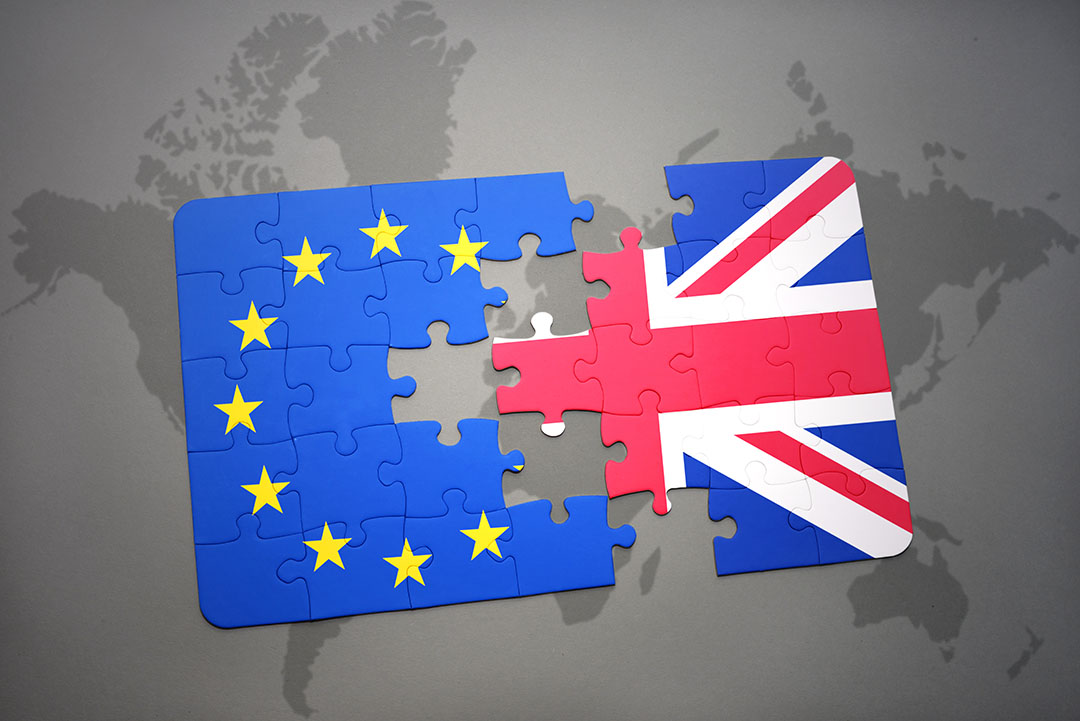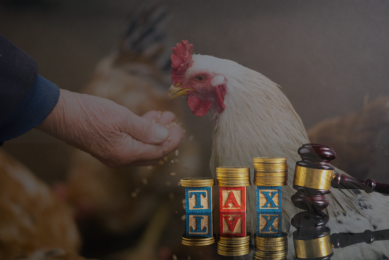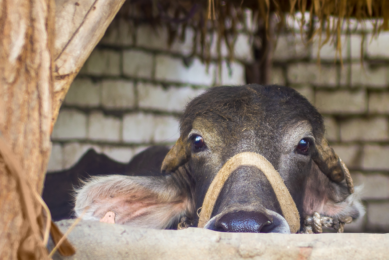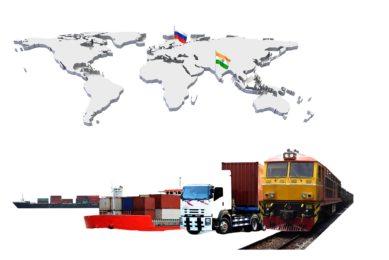Brexit: Competition rises for EU agri companies

On 25 November 2018, the European Council approved the draft Brexit agreement. This agreement describes the divorce conditions between the EU and the UK. What will be the effect on grains, oilseeds, dairy and animal production trade?
A new report from Rabobank (’Impact of the Draft Brexit Deal on European Food and Agribusiness‘) describes the impact of the draft Brexit deal and the accompanying political declaration on food & agribusiness companies in Europe. There is however still great uncertainty about whether this deal will be approved in the European parliament, and more importantly the UK parliament. The UK is scheduled to leave the EU on 29 March 2019.
Grains and oilseeds: biofuel policy
According to Rabobank, it is expected that the grains and oilseeds sector will be little impacted in the short term by the Brexit deal as it stands now. Trade between the EU and the UK can continue as usual during the transition period. In the longer term, the authors of the report see 3 potential changes when the UK enters into preferential trade agreements with third countries and no longer pursues European policies, for example in biofuels.
- The UK oilseeds complex imports significant volumes of soymeals and soy oils – to an amount of GBP£ 816m. The Netherlands is the largest exporter, representing almost 40% of this trade flow. This trade flow is sourced mainly in North and South America and shipped to Dutch ports, partly crushed or directly re-exported to the UK. In the longer run, these trade flows may be redirected from third countries directly to the UK, but logistical setups will probably prevent this except if the UK imposes duties that put goods from the EU at a disadvantage. In that case, some substitution with other meals and oils may also take place, for example rapeseed and sunflower from Canada, Australia and/or the Black Sea region. Dutch and other European crushers may need to redirect part of their production to other destinations.
- The UK grains complex imports significant volumes of milling wheat, mainly from France and Germany, and corn from France, for an amount of GBP £780m. In the longer run, part of this trade flow could be replaced by grains from other origins such as the Black Sea region, Canada and/or Australia, but that would also probably follow only if the UK were to put measures in place that would put grains from the EU at a disadvantage compared to other origins. In addition, UK grains exports can also be negatively impacted, as they might become subject to the import duties and quotas the EU already has in place for third country imports. Currently, the UK exports around GBP£ 570m of feed grains to the EU – around 8% of its wheat and barley production. The loss of those exports flows would pressure UK grain prices and cut production.
- The UK processes 1.2m tonnes of grains into ethanol as part of the EU biofuel policy that requires blending of biofuel into normal fuels. This volume could decline significantly if the UK government does not set up a domestic biofuel policy that provides incentives to the UK biofuel industry after Brexit. A lack of domestic policy would mean significant additional volumes of grain will become available for the UK feed industry or need to be exported, which potentially further suppresses local grains prices.
Dairy: Stronger competition from third countries
Ireland is the most important trading partner of the UK for dairy products. Ireland exports GBP £3.1bn worth of dairy products to the UK. The UK exports GBP £1.3bn to the EU. Some 60% of the 1.3m tonnes of dairy products under this last trade flow consists of fresh milk produced in Northern Ireland that is processed in the Republic of Ireland. For this trade flow and other fresh dairy products (butter and milk among other things) swift movement is crucial. The arrangements in this Brexit deal are expected to facilitate this trade flow and therefore the impact of Brexit will be rather limited. In the longer run, the top 5 exporters, Ireland, France, Germany, Denmark and the Netherlands, run the risk of meeting stronger competition on the UK market from third countries, such as New Zealand and the US, if and when the UK opens its market for third countries. However, differences in food safety regulations between the UK and the US for example may make these trade flows cumbersome. Furthermore, New Zealand has not filled its preferential import quota for the EU for butter, illustrating that the UK and the EU are not the preferred destination for dairy products from this region. The distribution of EU-import tariff quota for dairy products between the UK and the EU will need to be settled in the future, but as illustrated above, we do not expect a big change in trade flows to the UK and the EU.
Animal protein: Pork and beef imports
The UK has a large pig meat production shortage – only half of national demand is covered by national production. The value of British imports in 2017 was EUR € 2.79bn. Theoretically, this trade flow could be replaced by third-country imports under new trade agreements with third countries. However, the UK applies strict animal welfare requirements, and in the short term it seems unlikely that countries like the US or Canada can meet those standards. The UK import of beef clearly outperforms exports, and consists mainly of premium fresh products. Exports are mainly characterised by low-grade products and by-products and the vast majority is sold outside the EU. In 2017, the import value was GBP£ 1 bn. Again, EU imports could be replaced by third-country imports in the longer term. However, the ban on growth hormones that are applied in third countries is a key trade barrier – very likely also for the UK when it has left the EU. The value of sheep meat exports was GBP £383mn, and the value of the imports was GBP£ 354m in 2017. The allocation of import quota between the EU and the UK (118.000 tonnes for beef, 285,260 tonnes for sheepmeat) might have some impact on future trade flows, although it should be noted that most of these quotas are not fully utilised at this moment. Domestic UK cattle and sheep production is expected to remain stable at best after Brexit. Rabobank rather expects a decrease, due to the reduction of direct income support linked to land, which we foresee in the longer run in the UK.
Conclusion: Competition for EU countries likely to increase
The transition period for the UK leaving the EU, that can be extended to almost 4 years, provides comfort that a deal will be reached on the future relationship between the EU and the UK. Over time, Rabobank expects the UK to increasingly go its own way in international trade. As a result, competition on the UK market could increase for EU companies. The potential introduction of customs controls after the transition period could increase the time and cost of border crossing. This may have a negative effect on fresh perishable products in particular, and on value chains that are spread over both the UK and the EU. Furthermore, UK and EU policies on veterinary, phytosanitary and food safety issues could start to deviate after the transition period. This would increase the costs of doing business in both markets.
Source: Rabobank











